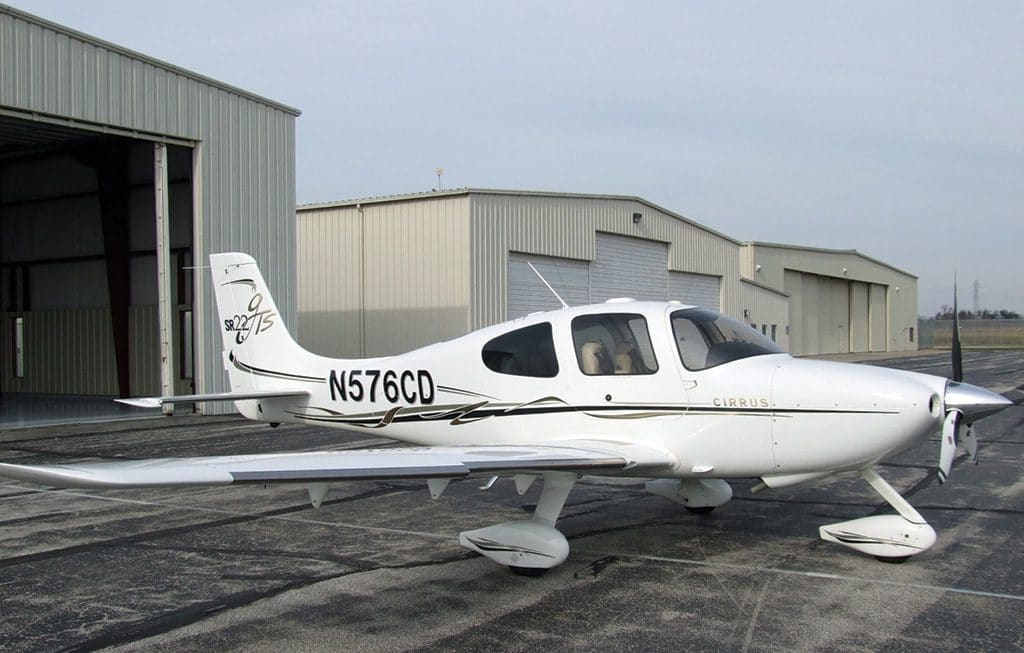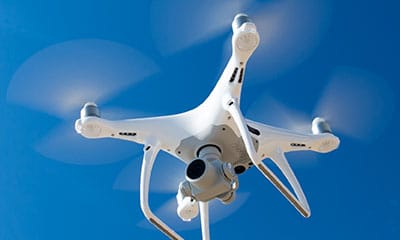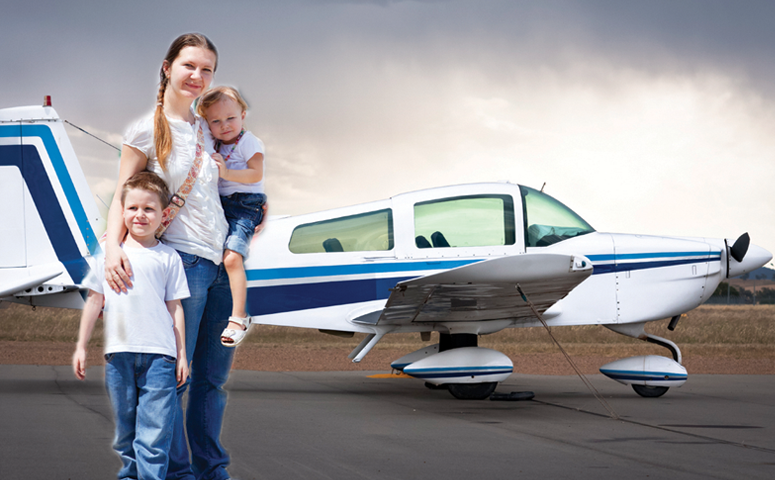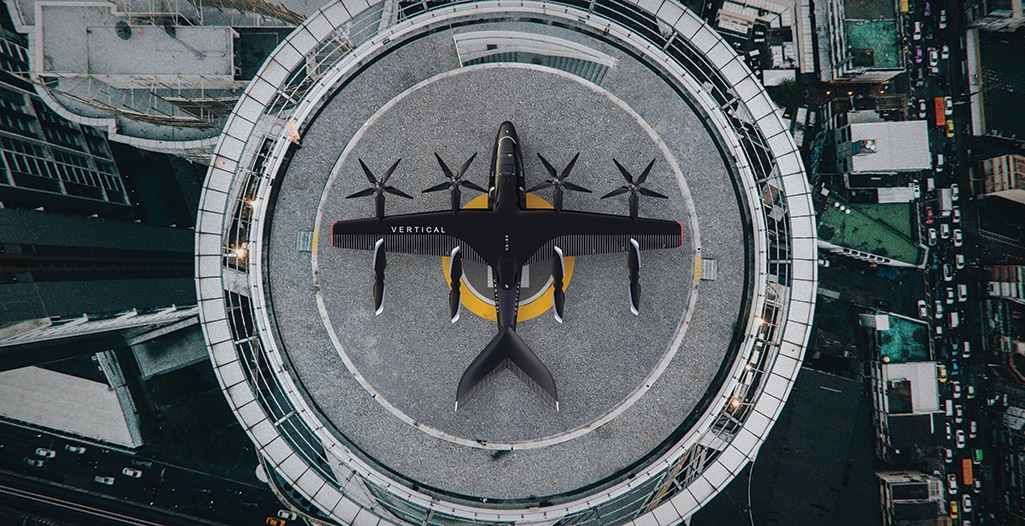Non-Owned Aircraft Insurance: What Pilots Need to Understand About This Critical Coverage
You’ve rented or borrowed an aircraft and an incident has resulted in damage to the aircraft itself, bodily injury to another person or damage to the property of others. Did you know that the aircraft owner’s policy may not provide coverage to protect you, or if coverage is provided, it may be insufficient to cover your financial costs? Many pilots aren’t aware of this fact, and some end up with tremendous out-of-pocket payments to resolve their legal liabilities.
Non-owned aircraft insurance, sometimes called aircraft renters insurance, is a type of policy that provides critical insurance for things such as:
- Physical damage to non-owned aircraft
- Third-party property damage
- Third-party bodily injury
- Legal defense costs
- Deductibles and other costs

Whether you are a pilot training at a flight school, renting from an FBO, or anyone who operates an aircraft you don’t own, having a non-owned aircraft insurance policy can protect you from the potentially catastrophic financial consequences of an aircraft accident.
Common Questions When Purchasing a Non-Owned Aircraft Insurance Policy
In working with you to select the proper aircraft renters insurance coverage, your aviation insurance provider will ask you questions about your needs. They include things such as these:
- What type aircraft will you be operating? Single-engine, multi-engine, gliders, rotorcraft?
- Do you need a certificated flight instructor (CFI) policy? This provides you with insurance for liabilities arising from your professional activities during flight reviews, flight instruction services, and check rides you conduct in rented aircraft.
- What are the requirements of your flight school or fixed-base operator (FBO) and what insurance do they have? They should be happy to provide you with this information.
- What is the highest “value” of an aircraft you will be renting? An FBO may have different types of aircraft that are available for you to rent.
- What limits of liability are desired? Your aviation insurance broker can provide guidance with this question.
- Do you belong to a flying club? If you do, the merits of having your own separate personal non-owned policy should be reviewed with your aviation insurance broker.
And, of course, there are questions you should be asking your fellow pilots, instructors, and others in the industry about aircraft renters insurance, including:
- How much private pilot renters insurance coverage do they carry?
- What has their experience been like with their insurance provider?
- Have they ever made a claim? If so, what was that process like?
- What have they learned about aircraft renter insurance in their research?
Answers to these and other questions from people you trust can give you a basic understanding of aircraft renters insurance and a foundation for seeking insurance of your own.
Renters Insurance Acronyms
Aviation insurance is an industry with many acronyms. A few that you’ll want to be familiar with when researching aircraft renters insurance policies include:
- PNO – Personal Non-Owned Aircraft Insurance.
- COI – Certificate of Insurance. A document that summarizes the insurance afforded by the policy.
- FBO – Fixed-Base Operator. A business granted the right by the airport sponsor to operate on an airport and provide aeronautical services such as fueling, hangaring, tie-down and parking, aircraft rental, aircraft maintenance, and flight instruction.
For additional aircraft insurance acronyms, see our article titled “What Aircraft Owners Need to Know about Aviation Insurance.”
Protecting You and Your Family From Financial Loss
The liability associated with renting an aircraft can have wide-ranging effects. Ensuring that you have adequate non-owned aircraft insurance allows you to pursue your passion for flight with confidence that an unfortunate incident won’t result in a financial crisis. The key is to give yourself plenty of time to research your options so that you can make a well-informed purchase decision and have insurance in place before you ever take flight in an aircraft you do not own.
To learn more about our renters insurance offerings, please contact us at your convenience.




